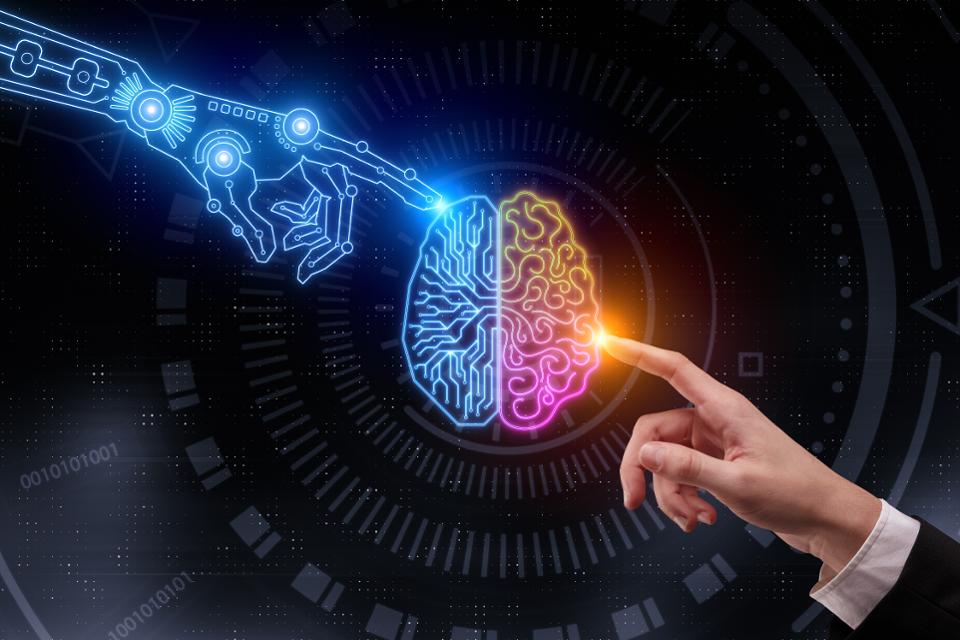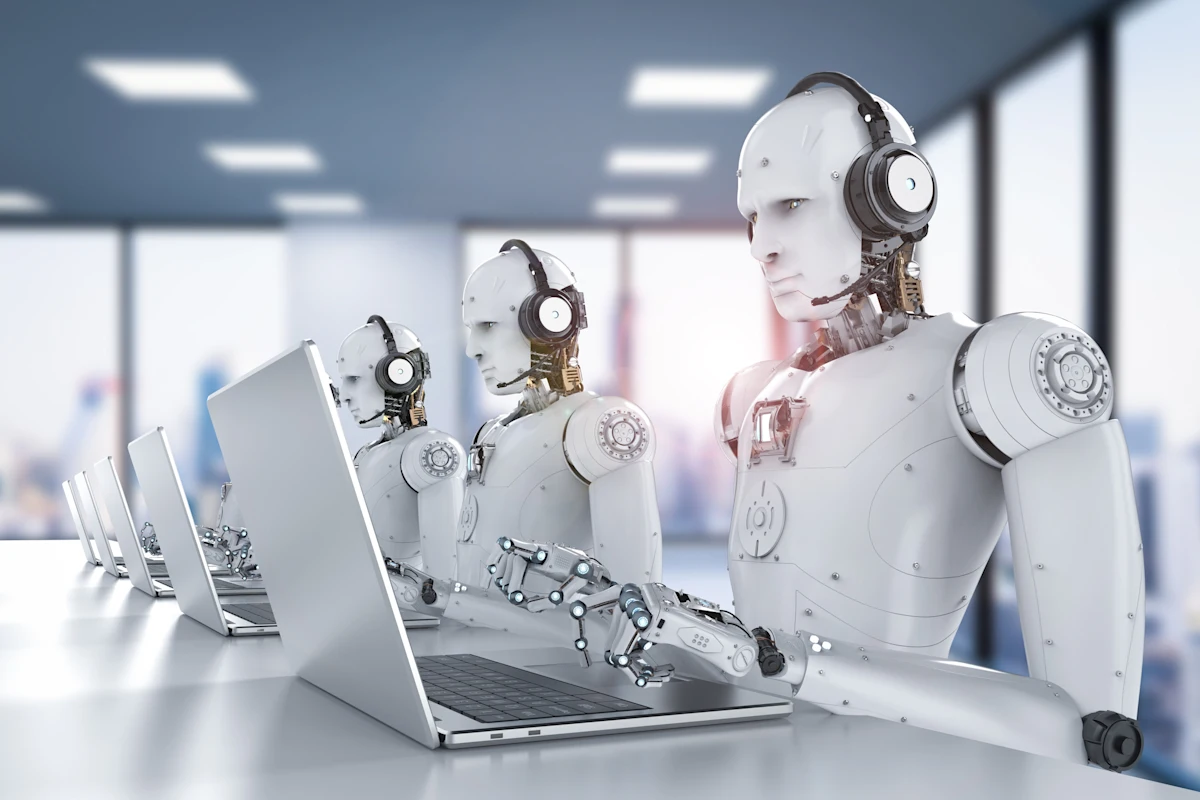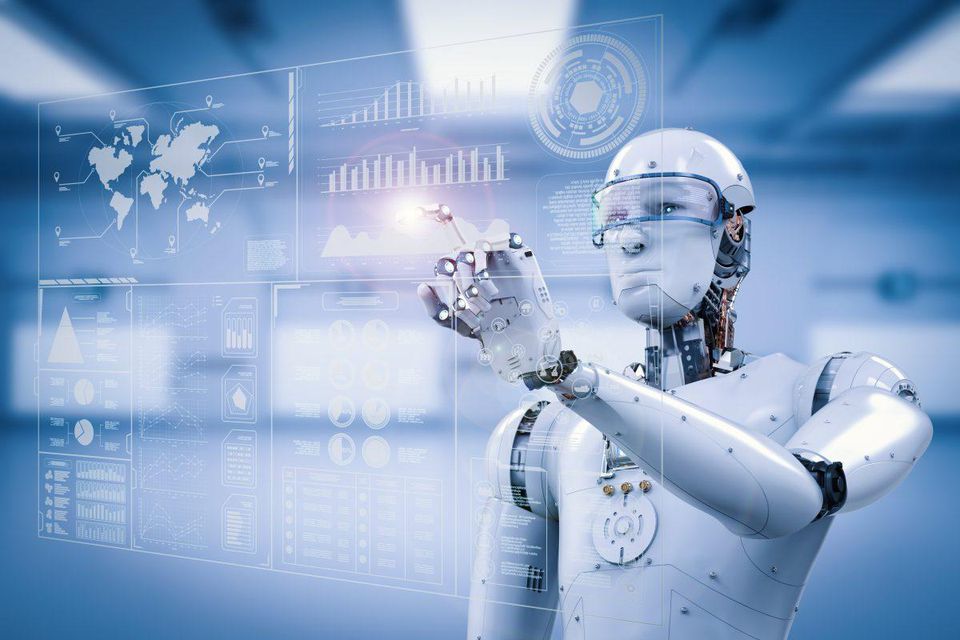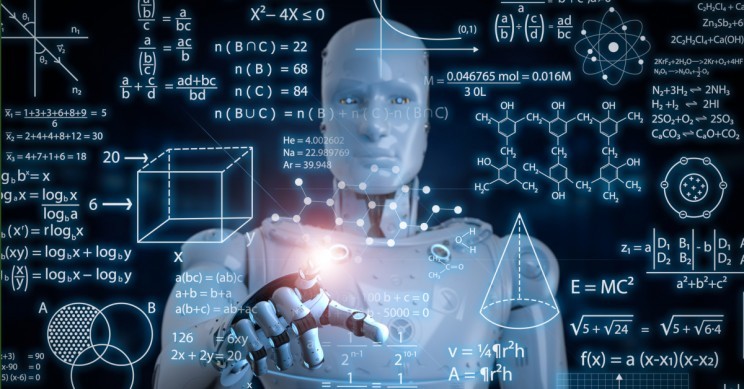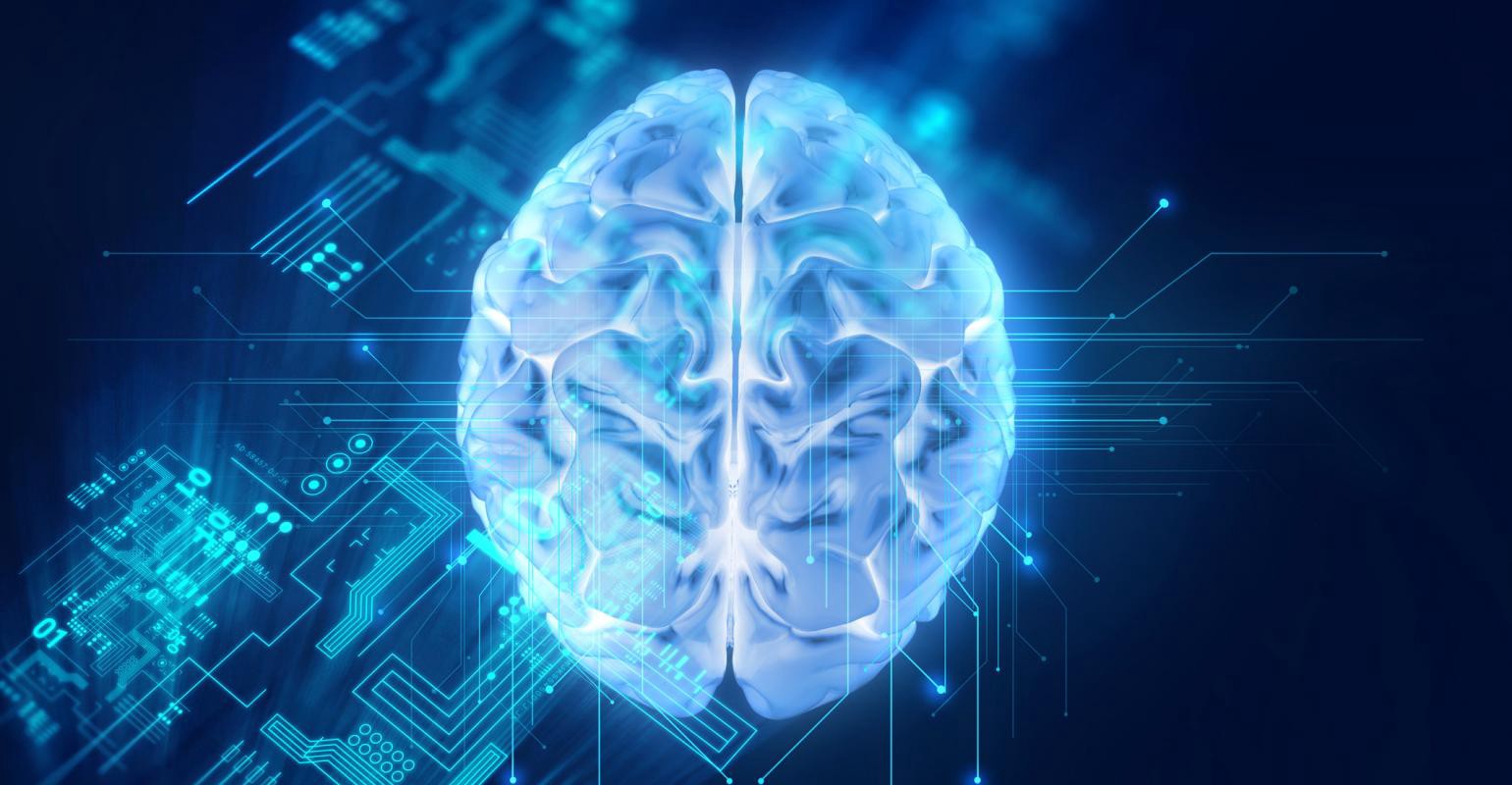Artificial Intelligence
In the 1950s, the fathers of the field Minsky and McCarthy, described artificial intelligence as any task performed by a program or a machine that, if a human carried out the same activity, we would say the human had to apply intelligence to accomplish the task. That obviously is a fairly broad definition, which is why you will sometimes see arguments over whether something is truly AI or not. AI systems will typically demonstrate at least some of the following behaviours associated with human intelligence: planning, learning, reasoning, problem solving, knowledge representation, perception, and, to a lesser extent, social intelligence and creativity.
AI works by combining large amounts of data with fast, iterative
processing and intelligent algorithms, allowing the software to
learn automatically from patterns or features in the data. AI is a
broad field of study that includes many theories, methods and
technologies, as well as the following major subfields:
- Machine learning
- Deep learning
- Neural network
- Cognitive computing
- Computer vision
- Natural language processing
The principle limitation of AI is that it learns from the data. There is no other way in which knowledge can be incorporated. That means any inaccuracies in the data will be reflected in the results. And any additional layers of prediction or analysis have to be added separately. Today’s AI systems are trained to do a clearly defined task. The system that plays poker cannot play solitaire or chess. The system that detects fraud cannot drive a car or give you legal advice. In fact, an AI system that detects health care fraud cannot accurately detect tax fraud or warranty claims fraud. In other words, these systems are very, very specialized. They are focused on a single task and are far from behaving like humans.Likewise, self-learning systems are not autonomous systems. The imagined AI technologies that you see in movies and TV are still science fiction. But computers that can probe complex data to learn and perfect specific tasks are becoming quite common.
While these advances have been exciting for those of us in the industry, there remains a disconnect between our enthusiasm and the impact society at large is experiencing as a result of AI. In the next few decades, the technology industry will continue to make substantial advances in how AI can be applied, but the greater impact will come not from future nascent applications but by the widespread adoption of AI by other industries today we interact with on a daily basis. No industry will be safe from this change, but here are some of the industries that will change most significantly with the adoption of AI.
